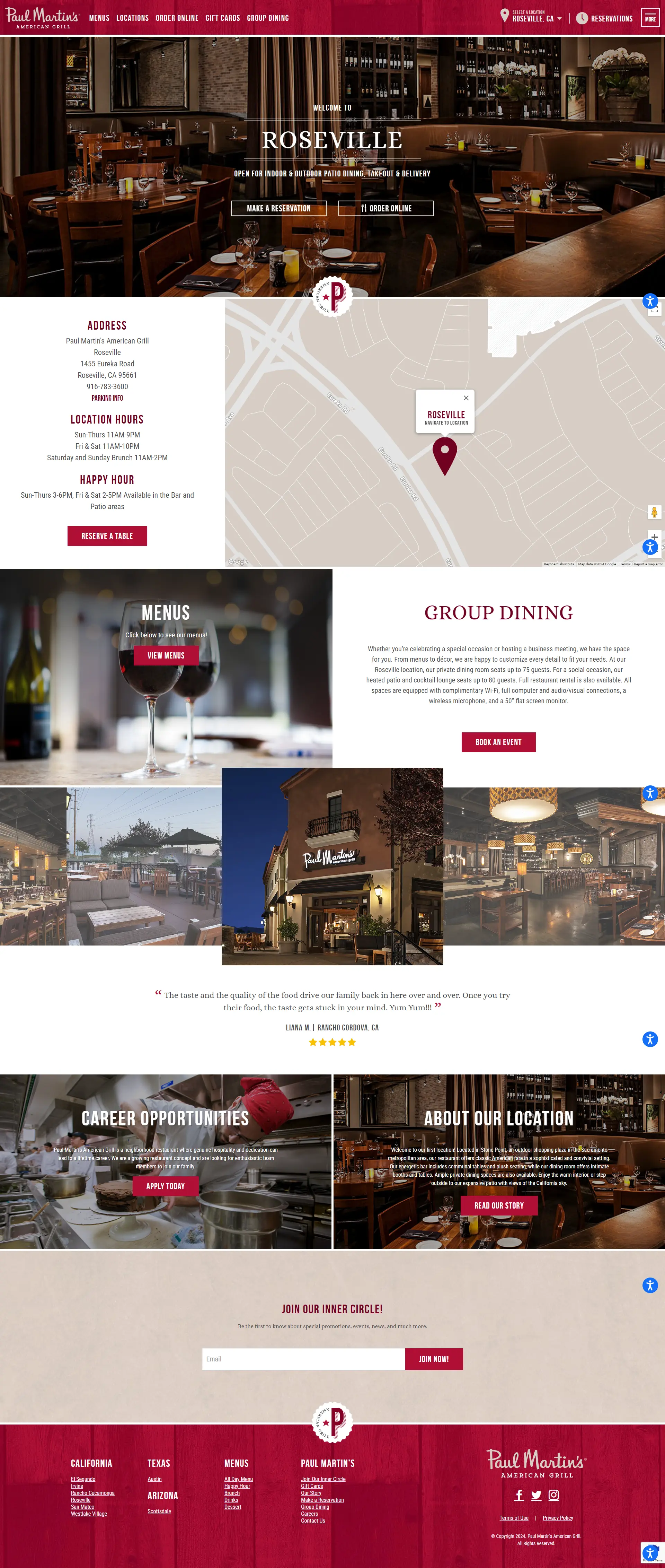In the ever-evolving world of marketing, myths and misconceptions abound. These misleading beliefs can lead businesses astray, causing them to waste valuable time and resources on ineffective strategies. It’s time to set the record straight and debunk some of the most common marketing myths.
Myth #1: Social media is free marketing
Reality: While it’s true that creating a social media profile is free, effectively utilizing these platforms for marketing requires significant investment. Time spent crafting engaging content, interacting with followers, and analyzing data can quickly add up. Moreover, to reach a wider audience and achieve significant results, paid advertising is often necessary. Social media can be a powerful tool, but it’s far from “free.”
Myth #2: Email marketing is dead
Reality: Despite the rise of newer communication channels, email marketing remains a highly effective way to connect with customers and drive conversions. Recent studies show that email generates an impressive ROI of $42 for every $1 spent. By providing valuable content, personalized offers, and targeted messaging, email marketing can nurture leads, build customer loyalty, and boost sales.
Myth #3: SEO is too complicated for small businesses
Reality: While SEO can be complex, the fundamentals are accessible to businesses of all sizes. By understanding basic principles like keyword research, on-page optimization, and link building, small businesses can significantly improve their search rankings and attract more organic traffic. Numerous resources, tools, and tutorials are available to guide businesses through the process, making SEO achievable for everyone.
Myth #4: Content is king
Reality: While high-quality content is undoubtedly crucial for marketing success, it’s not the sole factor. Content must be strategically distributed and promoted to reach the right audience. Without effective distribution channels and targeted outreach, even the most exceptional content can go unnoticed.
Myth #5: Influencer marketing is only for big brands
Reality: Influencer marketing can be highly beneficial for businesses of all sizes. By partnering with micro-influencers or niche experts, even small businesses can tap into engaged audiences and generate brand awareness. The key is to identify influencers whose values align with your brand and whose followers represent your target market.
Bonus Myth: All publicity is good publicity
Reality: Negative publicity can be incredibly damaging to a brand’s reputation and bottom line. While some controversial campaigns might generate buzz, it’s crucial to weigh the potential risks and rewards. It’s always better to focus on building a positive brand image through ethical and responsible marketing practices.
By debunking these common marketing myths, we hope to empower businesses to make informed decisions and invest their resources wisely. Remember, effective marketing requires a strategic approach, clear goals, and a willingness to adapt to the ever-changing digital landscape. By separating fact from fiction, you can build a successful marketing strategy that delivers results.
Key Takeaways:
- Don’t believe everything you hear: Marketing is full of misconceptions. It’s important to critically evaluate information and rely on data-driven insights.
- Focus on strategy: A well-defined marketing strategy is essential for success. Set clear goals, identify your target audience, and choose the right channels to reach them.
- Embrace change: The marketing landscape is constantly evolving. Stay informed about the latest trends and be willing to adapt your strategies as needed.
Remember, marketing is an ongoing process. By staying informed, experimenting with new tactics, and measuring your results, you can achieve your marketing goals and grow your business.















